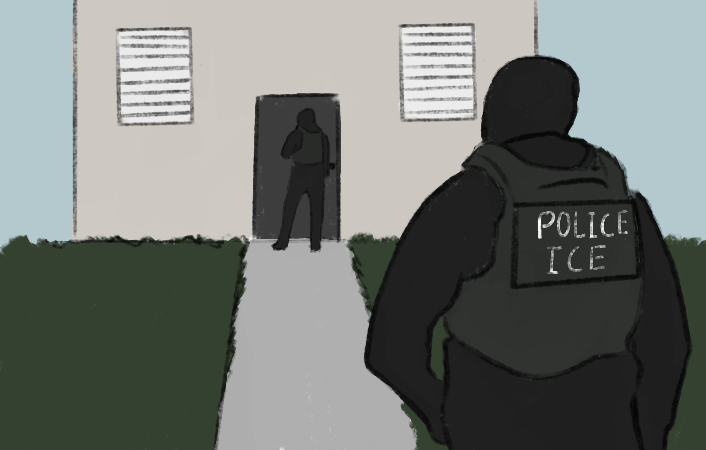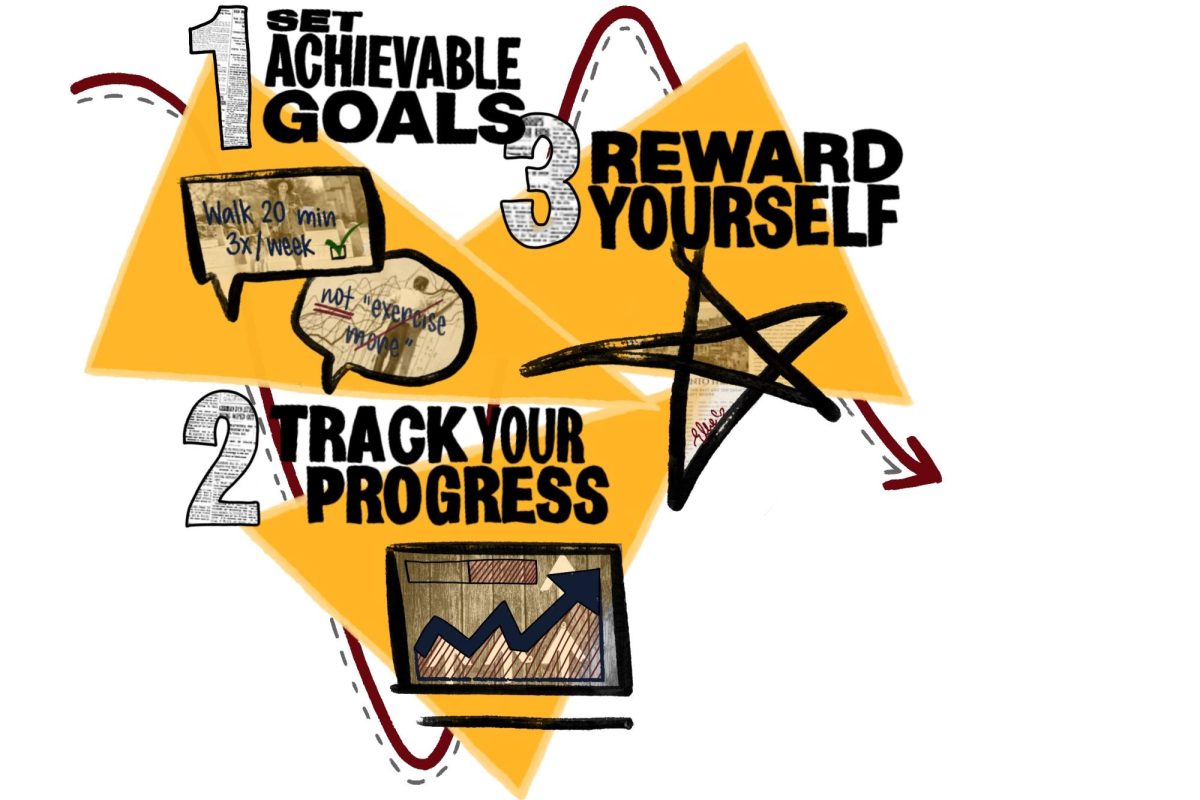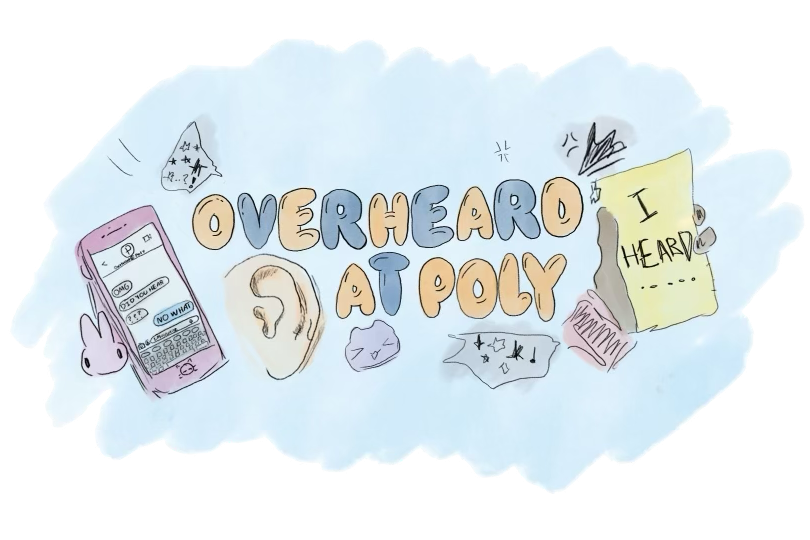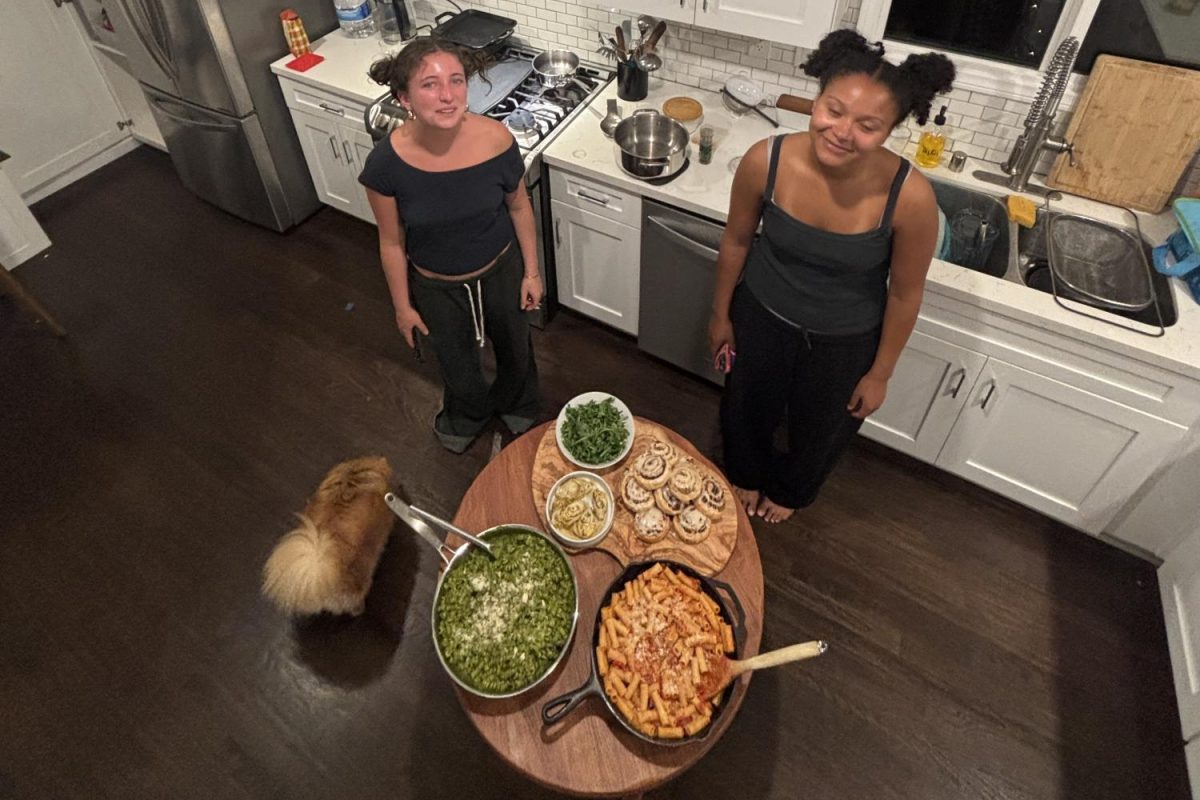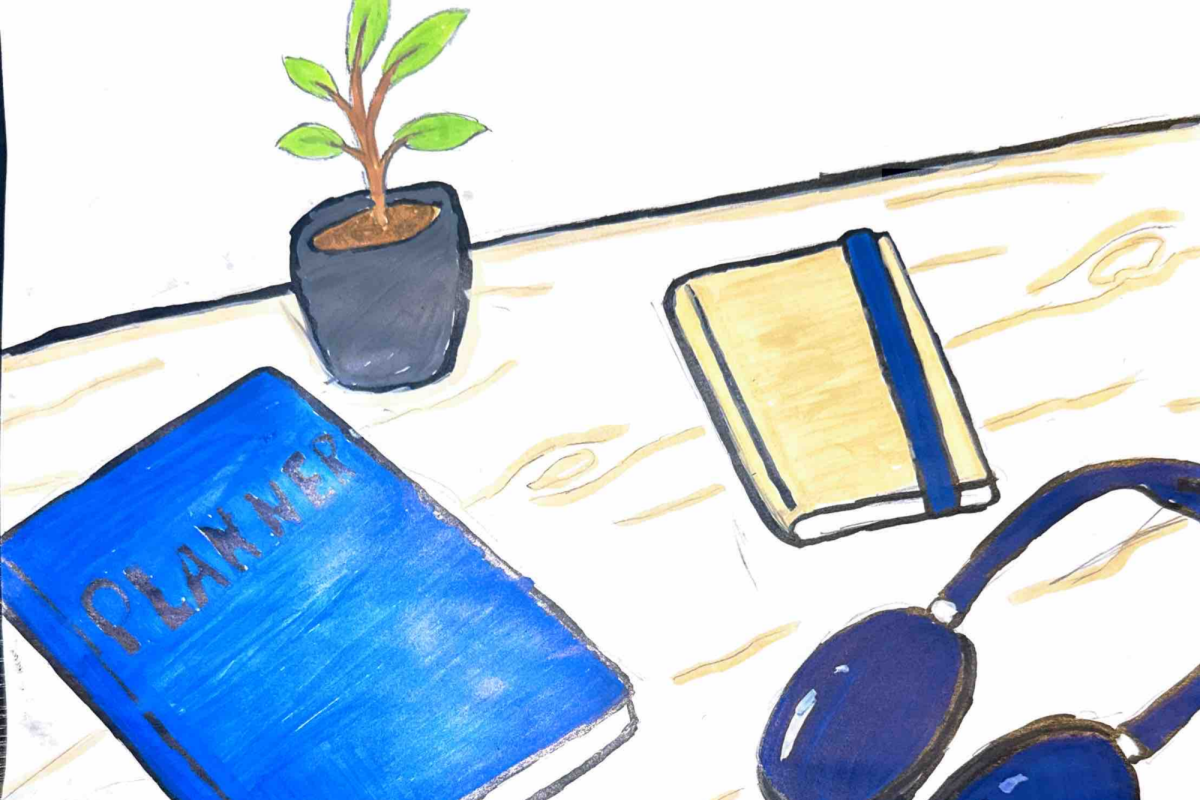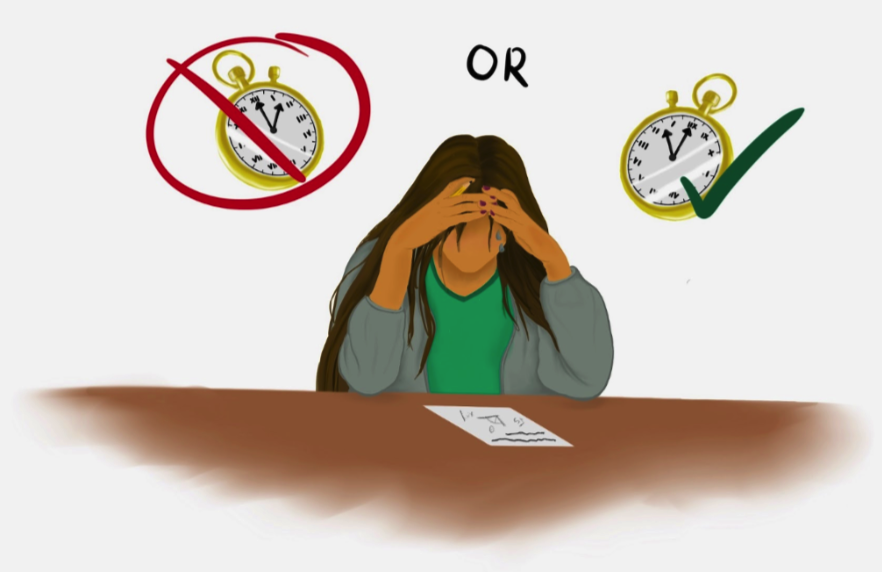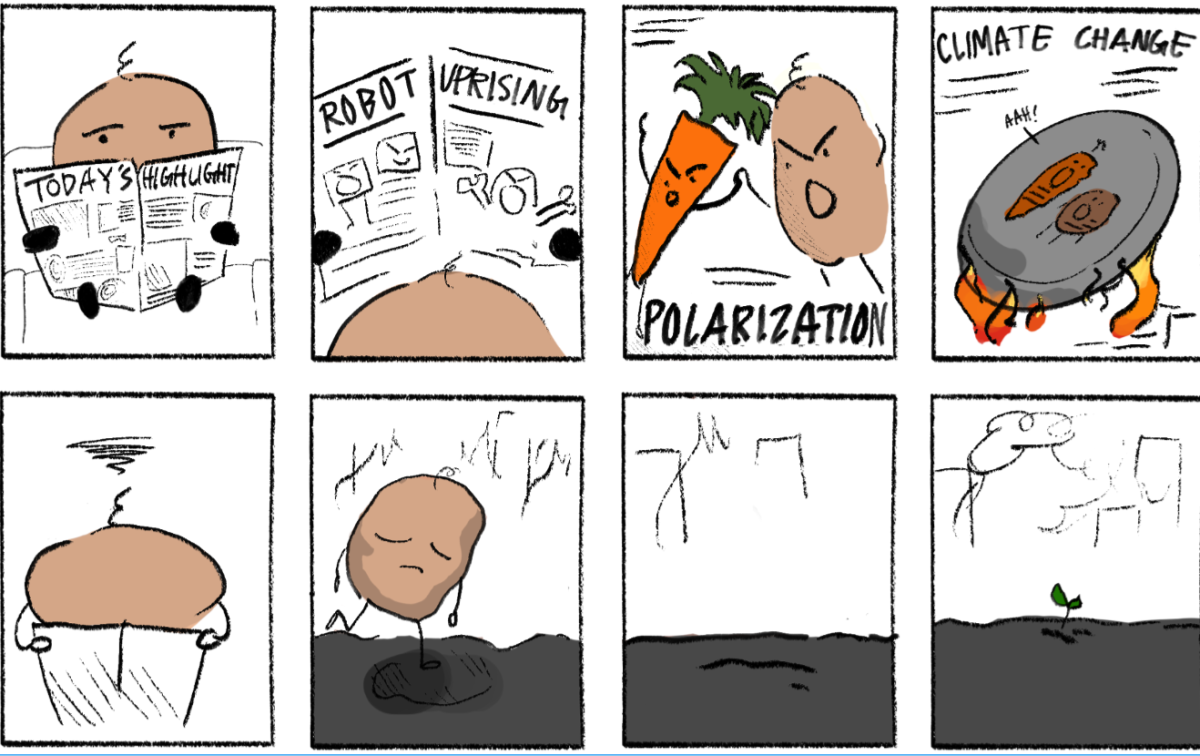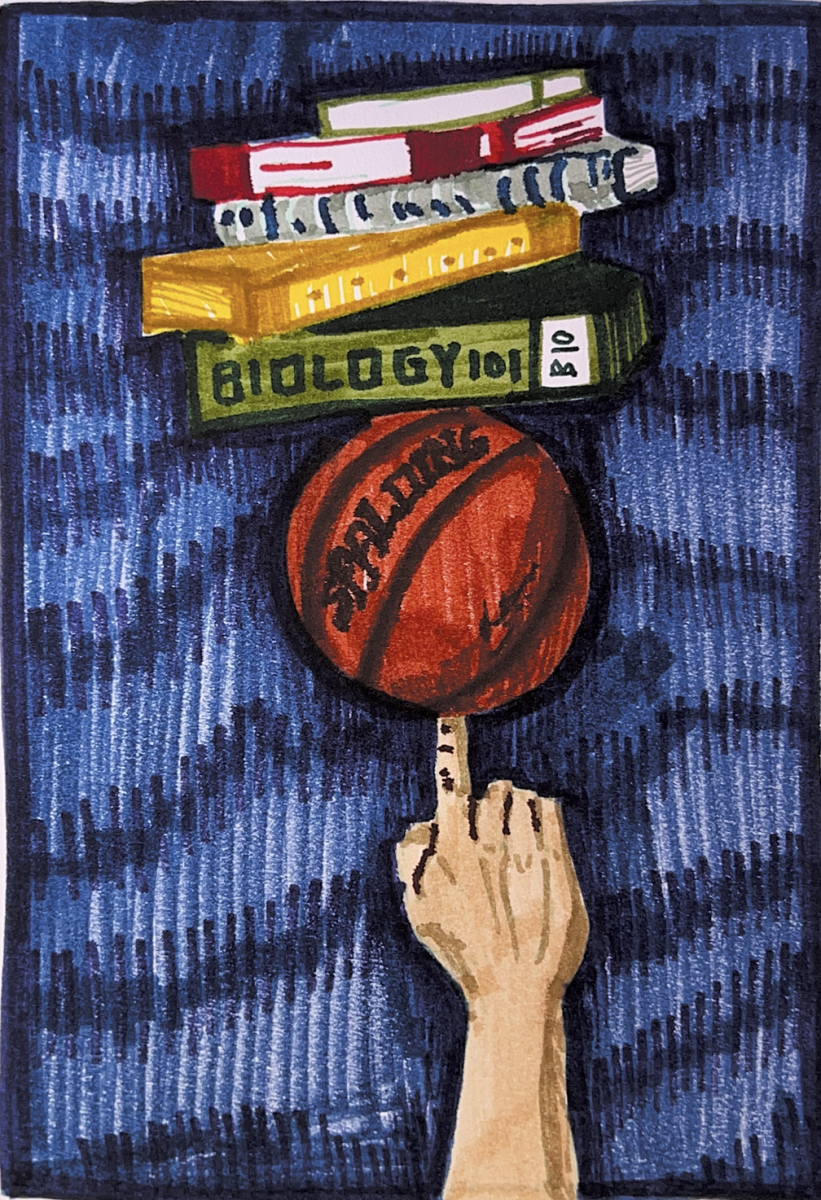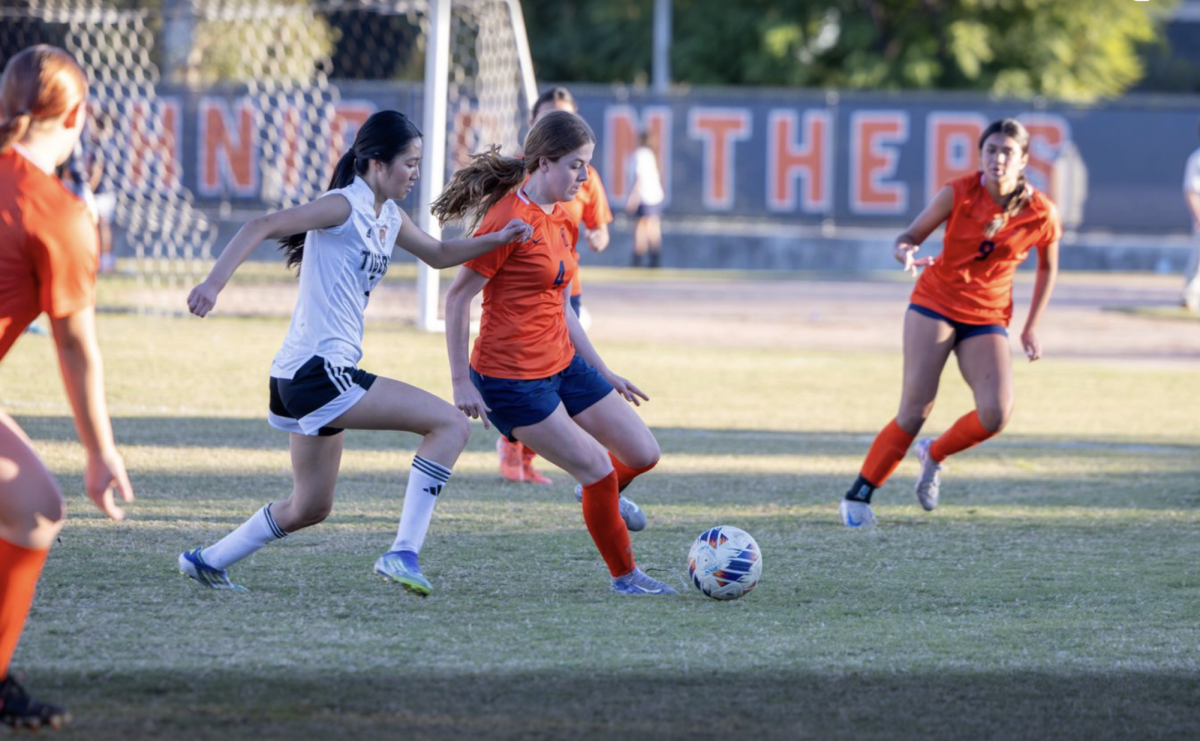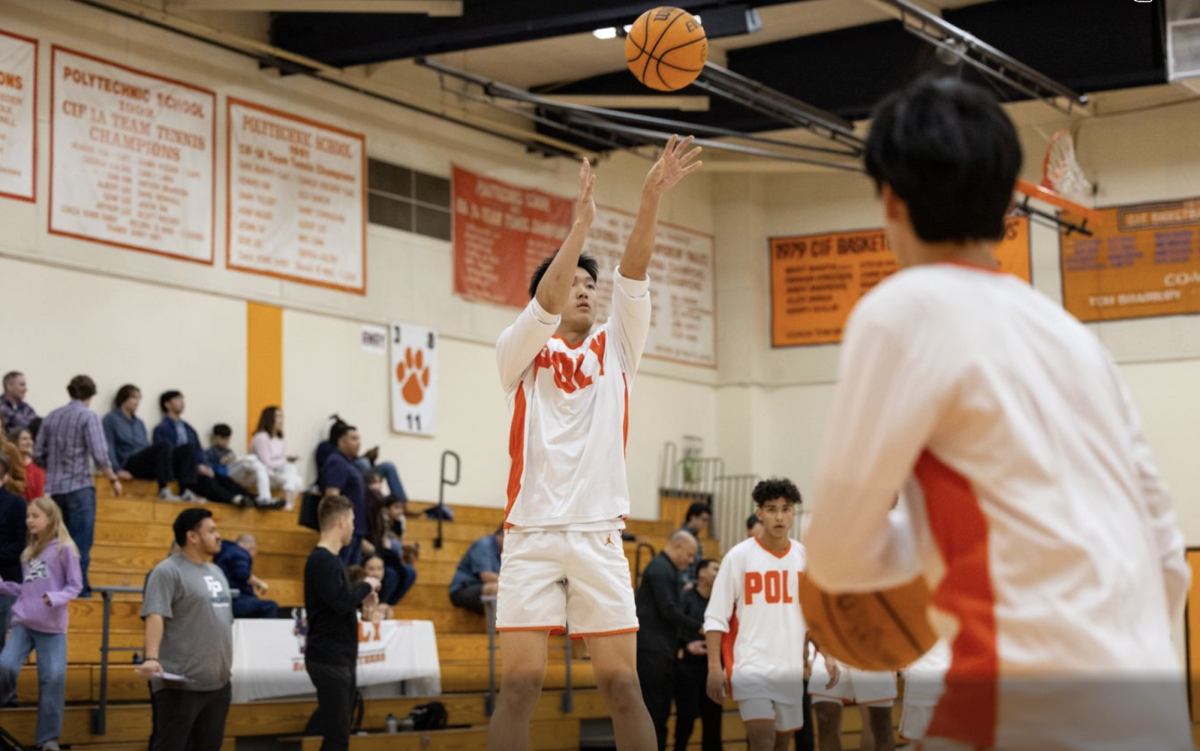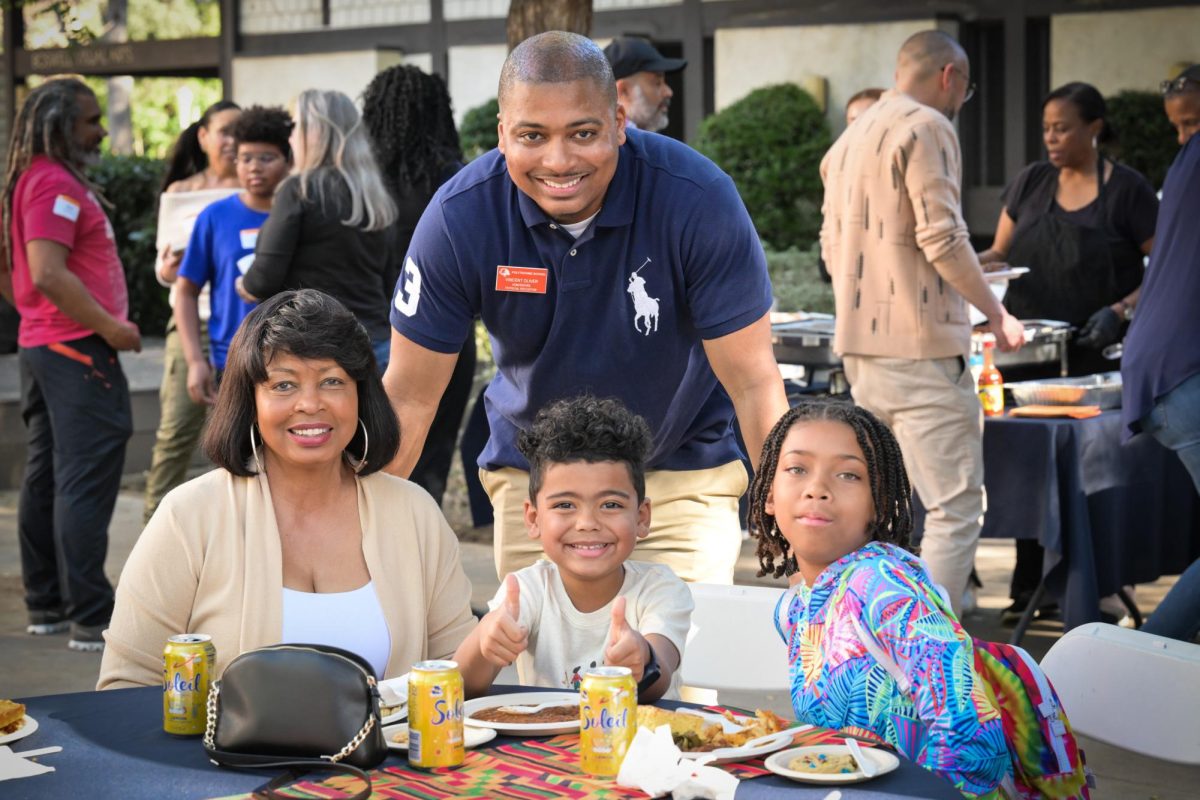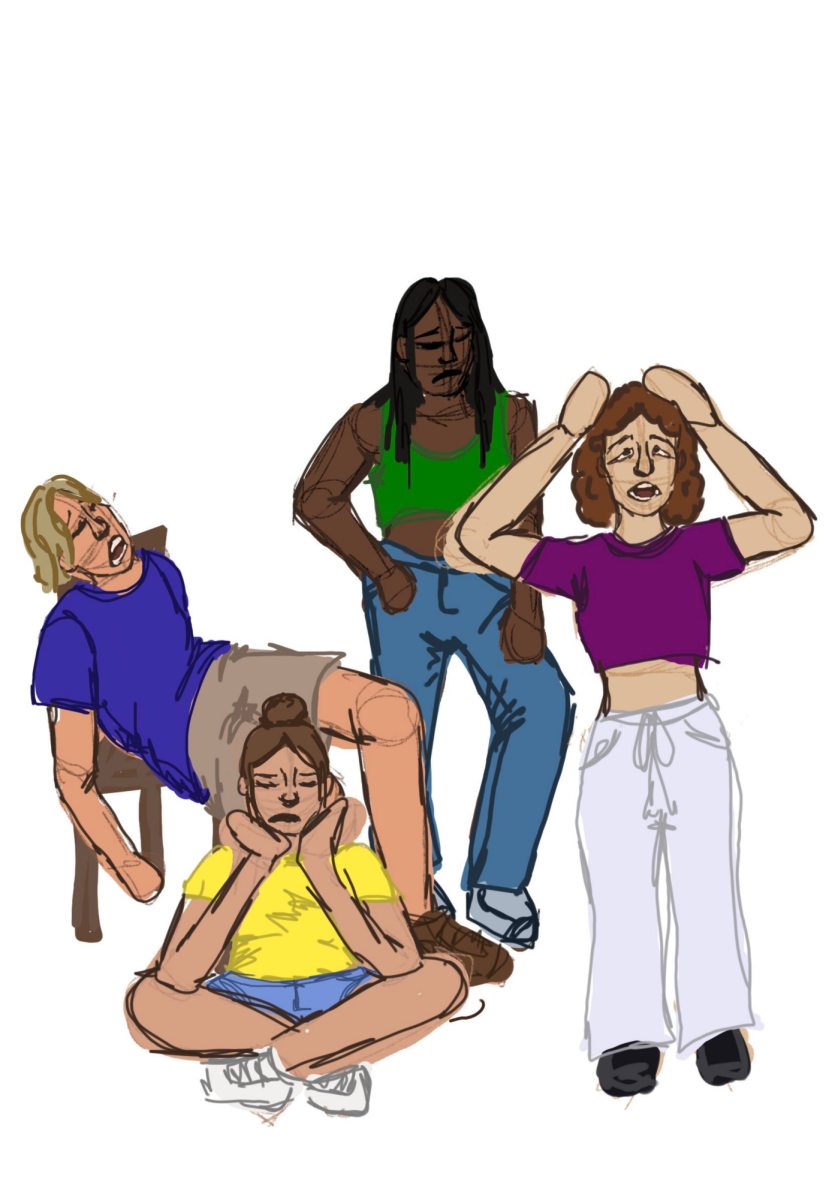As sun-kissed faces, long-awaited relaxation and carefree adventures replace the sounds of school bells, pencil sharpening and droning lectures, summer invites joy and freedom. We envision a time for bonfires, beach trips, farmers’ markets and countless memories, but amidst this golden façade, the downsides of the most awaited season challenge our enjoyment. As much as we long for this golden season, navigating summer requires a touch of pragmatism.
Like any other student, I enjoy the highly-anticipated summer break, but the momentum I have built throughout the academic year slows, leading to knowledge gaps and a loss of interest in my studies. Although remedied by reviewing, it is often not as simple. It takes time and effort to reach the same level of understanding and the same duration of focus achieved during the school year.
I have especially found this to be true with foreign languages; my writing of Mandarin characters and understanding of different tones and sentence structures vanish from my head by the end of June.
At a prep school like Poly, there is also an underlying pressure to maximize the break time to prepare for college admissions. Finding a compromise between relaxing and pursuing opportunities to include on college applications without the motivation bred by the school year makes it easy for students to miss out on experiences in their passions.
Furthermore, the students who rely on support services and facilities provided by the school, like peer tutoring, school counseling, libraries and athletic spaces lose their access to valuable resources when it comes to boosting their mental and physical well-being and are not able to reach their goals as easily.
Summer works as a sieve, filtering out budding connections influenced by proximity and shared activities that leaves minimal opportunity for underdeveloped relationships to continue. Without shared classrooms and places that naturally unite individuals, reaching out, planning celebrations and putting effort into bonds outside is challenging and awkward.
Spending less time with friends from school, due to traveling or other activities, creates feelings of disconnectedness and a fear of missing out. Furthermore, with increased social media usage on TikTok, Snapchat and Instagram, students face greater pressure to share perfect snapshots of their summer experiences to match the posts of others around them, augmenting feelings of anxiety and inadequacy and allowing others to ruin their self-esteem. All this perpetuates the pressure of the idyllic summer break.
While we often romanticize summer as a season filled with countless celebrations, by being aware of the pitfalls that may arise, high school students can set realistic expectations, make informed choices and utilize summer for personal growth in various aspects of life.
So, reach out to classmates and build connections outside the classroom, no matter how awkward it may feel, find a balance between relaxation and productivity by planning out your summer and do not worry if you find yourself losing motivation — it’s normal. Remember, these three months do not need to be perfect, but recognizing common pitfalls and navigating around them can result in a more fulfilling and rewarding summer.


